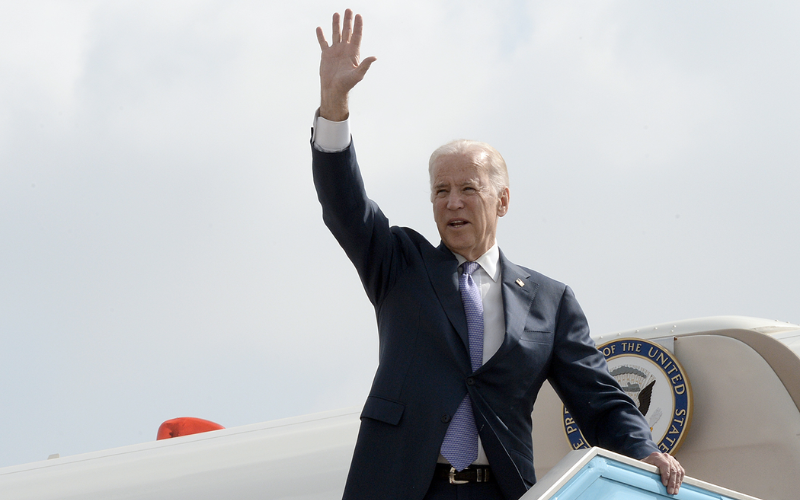Ambassador Eric Edelman, General Charles Wald, USAF (ret.), VADM John Bird et al
JINSA, July 11, 2022
“The president should reaffirm and update the 1980 Carter Doctrine with a “Biden Doctrine” that explicitly reasserts vital U.S. interests in preventing regional domination by any power – including preventing a nuclear Iran – and that any such threats will be met by any and all elements of national power, to include use of military force and ensuring regional partners can defend themselves.”
President Biden intends for his upcoming trip to Israel, the West Bank, and Saudi Arabia to lay out an “affirmative vision for U.S. engagement in the region.” This is an urgently important task at a vital moment. For the president to succeed, however, he must present a fundamental reorientation of U.S. strategy in the Middle East, going beyond the immediate priorities of encouraging partners to resign themselves to an Iran nuclear deal and, in the case of our Gulf allies, to pump more oil and offset a global energy crisis from Russia’s invasion of Ukraine.
That invasion is underscoring for the United States how it still needs cooperation from its Middle Eastern partners at a time when those relationships have become tremendously strained. That strain is not new, nor can it be mended easily. It is deeply rooted in the damaging perceptions among our Middle Eastern partners of America’s receding commitments to regional security – perceptions that have been deeply exacerbated by the precipitous withdrawal from Afghanistan, failed nuclear diplomacy with Iran, slow responses to Tehran’s regional aggression, and conscious efforts to distance his administration from key partners like Saudi Arabia. At the same time, Saudi Arabia, Israel, and the United Arab Emirates (UAE) increasingly work together to uphold regional security, but such cooperation has clear limits in the absence of sustained U.S. leadership.
To address these challenges and harness these opportunities, President Biden must use this trip to signal unmistakably that the United States is undertaking a comprehensive strategic pivot – one that recommits it to upholding Middle East stability and strengthening regional security cooperation in the face of clearly appreciated shared challenges from Iran. This will reduce the prospects of conflict that could pull in the United States, bolster the credibility of America’s commitments more globally, reassure unnerved allies, limit further inroads by Beijing and Moscow in the region, and enable U.S. partners to shoulder more of the shared burdens of countering Tehran and other threats.
President Biden should adopt the following policy priorities for his Middle East trip:
To Continue reading the full article click the link below
To view the original article, click here


